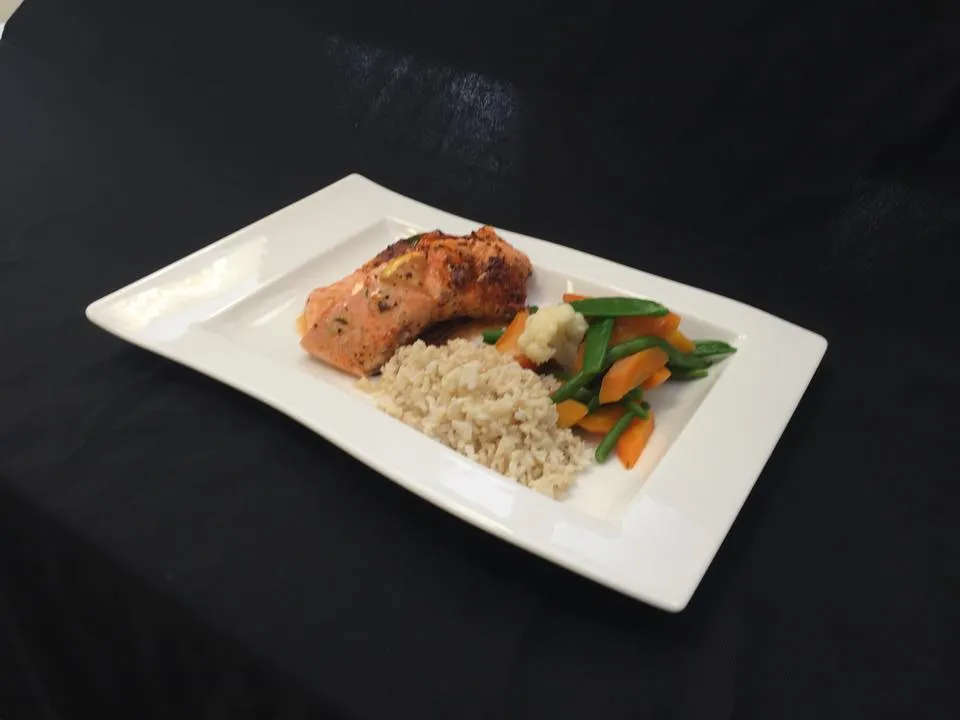For any number of reasons, far too many of us are sedentary; long working hours, desk bound, school runs and on it goes. There are reports that show far too many of us spends less than 10 minutes a week on any moderately intense activities, such as walking and housework, or vigorous ones, such as running, according to 2005 statistics from the Centres for Disease Control and Prevention. A quarter of Americans say they’re not performing any physical activity during their free time and, if that applies to them you can be pretty sure we will follow suit. All of this sitting on the couch or behind a desk is undoubtedly contributing to the country’s rising health care costs–but does a lack of exercise necessarily mean we’re unhealthy?
Every day, we’re bombarded with new reports or the latest magic diet about how crucial it is to our good health to consume more heart-healthy omega-3 fatty acids (found in fish) and cut the trans fats (e.g., doughnuts, french fries). While, of course, you should exercise, if you’re not, you may be wondering just how far a focus on diet alone can take you.
Diet Pros
Many experts agree that diet may play a bigger role than exercise when it comes to shedding pounds. However, the most effective method of weight loss tends to be a combination of exercise and a decrease in your overall caloric intake, says Dr. Donald D. Hensrud, medical editor in chief of Mayo Clinic Healthy Weight for Everybody.
Eating right also is an essential part of reducing your risk of chronic disease. Watching how much saturated and trans fats you consume may lower your low-density lipoprotein (LDL or “bad cholesterol”), one of the major causes of clogged arteries. Likewise, following a diet similar to the Dietary Approaches to Stop
Hypertension (DASH) eating plan has been shown to lower blood pressure and cut the risk of coronary heart disease and stroke. Based on findings by the National Heart, Lung and Blood Institute, this diet plan is low in animal protein, moderate in low-fat dairy and high in plant proteins, fruits and vegetables. Avoiding foods high in refined carbohydrates, such as white bread and rice, and instead opting for more vegetables and fruits, can help protect against several forms of cancer, such as those affecting the stomach, lungs, pancreas and prostate, according to the American Institute for Cancer Research.
We consult with our clients on a regular basis to help plan their food intake, making small manageable changes to improve what they eat. Fresh food, simple recipes all help to fuel our bodies and provide the nutrients required to allow us to produce the energy required and recover from activities whilst controlling or weight.
Complements of Exercise
But don’t get so comfortable in your desk chair yet. As important as eating smart is, experts say the health benefits are greater when combined with physical activity. Regular exercise can increase high-density lipoprotein (HDL, “good cholesterol”), another component of lowering the risk of heart disease, says Stacey Snelling, a registered dietician and an associate professor at American University in the Department of Health and Fitness. While diet is one way to address high blood pressure, exercise will also help by making your heart stronger, allowing it to pump more blood with less effort. If you’re concerned about diseases like cancer, for instance, you’re far better off keeping up your activity level, since exercise can help keep hormone levels healthy and strengthen the immune system. Denser muscle fibres also help boost our metabolism, meaning we can burn more energy when we are active.
Losing weight through dietary changes alone also won’t affect your body composition, so while you’ll weigh less, you’ll still have the same percentage of body fat. Strengthening exercises, while they might not result in rapid weight loss, will help improve your muscle-to-fat ratio, says Cedric Bryant, chief science officer for the American Council on Exercise. Since a pound of muscle takes up less volume than a pound of fat, you’ll see a difference over time. “It’ll have a pretty profound effect on how you look and fit in your clothing,” Bryant says.
Additionally, exercise can improve your mood, increase energy levels and is considered crucial to keeping off the pounds you’ve shed, according to the National Weight Control Registry. Exercise is also important because, as we age, we slow down, and our spontaneous physical activity decreases. (Think of the difference between the movement of a 6-year-old boy and an 80-year-old man.) We also lose about 1% of our muscle mass each year, which slows metabolism, Hensrud says. If you’re not exercising, eating the same amount of healthy food will translate into weight gain over time. Loss of muscle strength will also impact on posture and can increase chances of injury our muscles become weaker.
Bottom Line If you can’t find time to do a full workout, health experts say you’re much better off finding ways to sneak short bursts of activity into your day rather than give up altogether. Our small group training programs are 30 minutes long; that’s 30 minutes out of a 24 hour day!!
Conversely, if you’re one of those people who exercise so you can eat whatever you want (think Spin class followed by special coffee & sweet treat) and, know that you’re probably not as healthy as you think, either. “Exercise and diet is always going to be the best strategy,” Weiss says. “If you’re good with one, that doesn’t mean you can brush off the other.”


